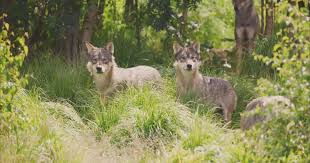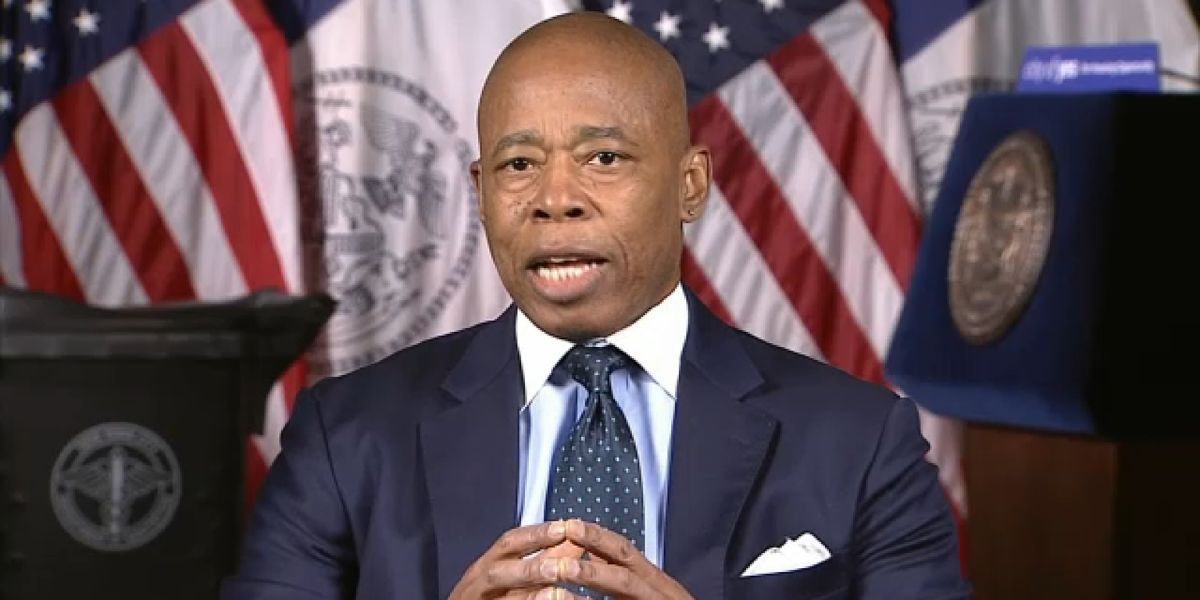In Colorado, a new campaign is gaining momentum to reverse the state’s wolf reintroduction efforts. After a previous attempt to halt the initiative failed, opponents are now focusing on a statewide popular vote in 2026, aiming to give residents another say in the controversial program.
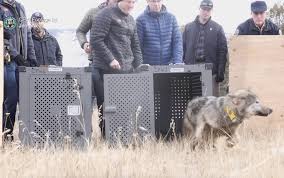
Table of Contents
A Shift in Public Opinion?
Patrick Davis, Campaign Manager for Colorado Advocates for Smart Wolf Policy, is leading the movement to bring the issue back to the ballot. Davis believes that public sentiment has shifted since 2020, when Coloradans narrowly approved the wolf reintroduction plan.
“I think more people are now aware of the challenges posed by wolf reintroduction,” Davis said. “Stories of livestock predation and the struggles faced by rural communities have resonated with voters, especially along the Front Range.”
To make the 2026 ballot, Davis and his team plan to start collecting signatures in mid-March. Their goal is to secure at least 20,000 signatures, ensuring they exceed the required threshold even if some are invalidated.
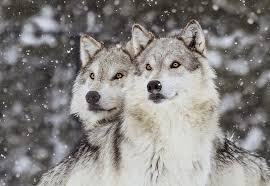
Aiming to Stop Future Introductions
Davis clarified that the proposed vote would not aim to remove wolves already introduced into Colorado. Instead, the campaign seeks to prevent further wolf releases, including the planned arrival of 10 to 15 wolves from British Columbia in the coming weeks.
“Our goal is to reverse what we see as a mistake from 2020,” Davis explained. “This isn’t about removing the wolves that are already here but stopping additional introductions and reassessing the situation.”
Rural Communities and Ranchers Speak Out
The presence of wolves in rural and ranching areas has raised concerns among residents. Reports of livestock predation and disruptions to local ecosystems have fueled opposition. Davis argues that these issues deserve more attention from policymakers.
“The damage to ranching communities and rural mountain towns has been significant,” Davis said. “This effort isn’t just about ranchers; it’s also about fairness to the wolves themselves. We’ve introduced them into an environment where they’re simply doing what apex predators do—hunt to survive.”
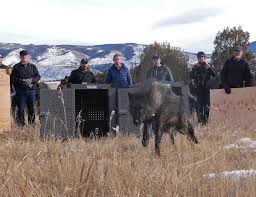
A Complex Issue for Colorado’s Wildlife Landscape
The campaign has sparked debates across Colorado, even among wolf supporters. Davis highlighted the deaths of three wolves since the reintroduction began, suggesting that the program’s execution may not align with its intended goals.
“This is ultimately unjust to the wolves,” Davis said. “We’re putting them in new environments and expecting them to act differently than their natural tendencies would suggest.”
Looking Ahead to November 2026
If successful, the campaign could lead to a vote that may reshape Colorado’s wildlife policies. Davis remains confident that the initiative will gain enough support to make it onto the ballot and hopes it will provide a fresh opportunity for Coloradans to reconsider the controversial program.
“The goal here is to give the people another opportunity to have their voices heard,” Davis stated. “Unintended consequences must be addressed, and a better future for wildlife management in our state must be developed.”

